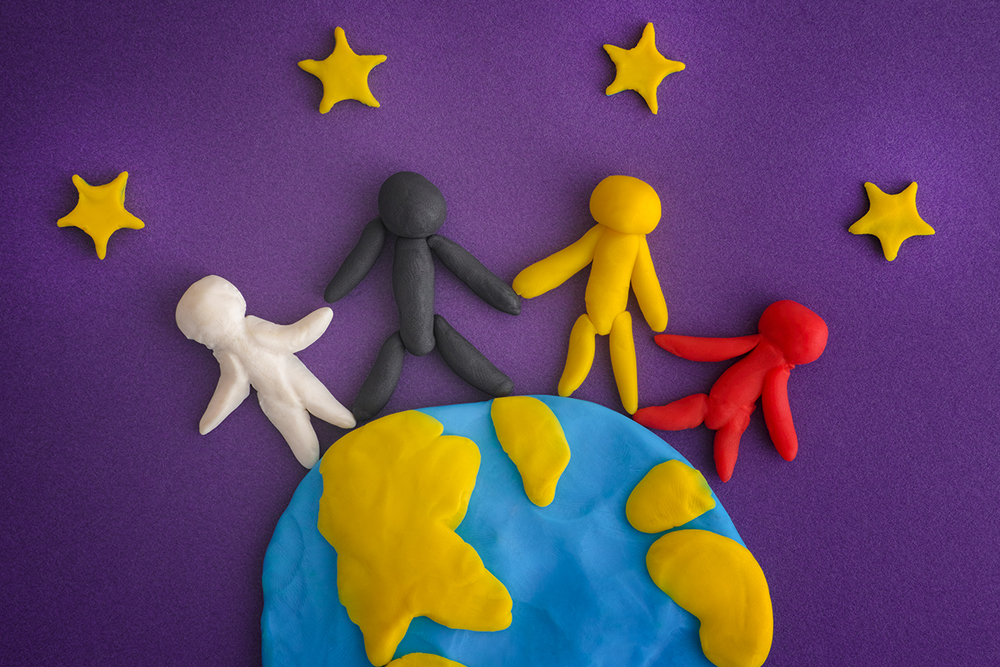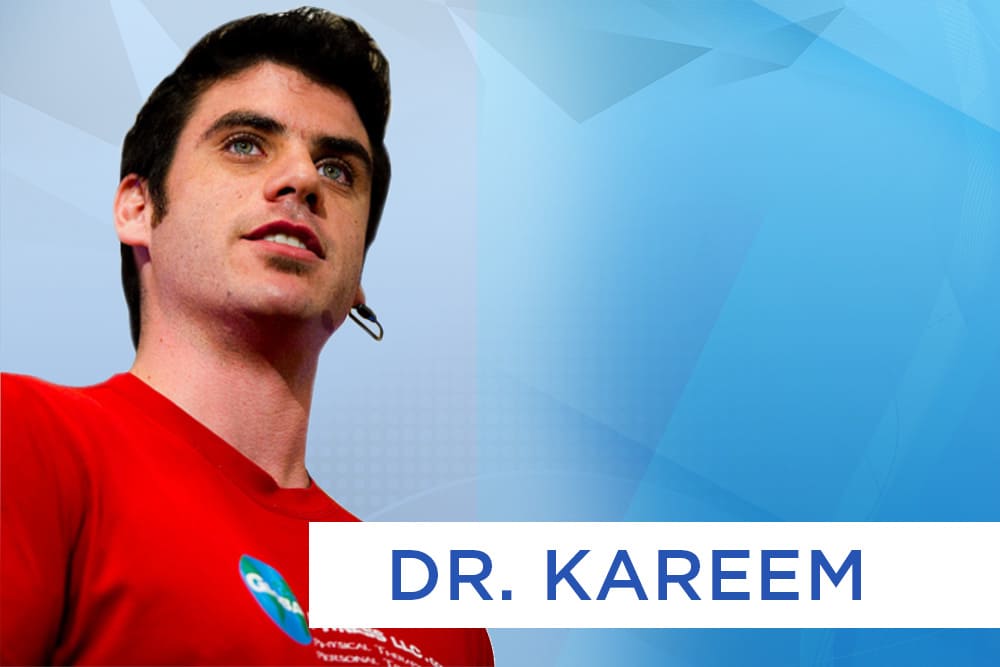Have you ever been distracted and accidentally lost your temper or reacted poorly to someone around you?
For a lot of people, this happens inside a relationship. When two people start dating, they are consciously ‘in the zone’ with one another; constantly paying attention, present, and forming memories. Once comfort sets in and they begin resuming ‘normal’ life activities — such as paying bills, thinking about daily responsibilities, etc. — a strange interaction may occur. A loved one may ask a simple question and have a reaction that seems like it’s not the person they thought they knew. Words like: “who was that? I feel like I don’t even know you.” may get exchanged.
Yet, the person dishing it out will probably feel defensive and say something like: “what do you mean? I’m just me. I have no idea what you’re talking about.”
The truth is, both people are right.
Consciously, you are one person; subconsciously, you are a cumulative sum of your experiences, all saved in your memory bank as present tense. When you are forced to rely on your subconscious mind to communicate with another person, and you feel stressed, it’s likely you’ll react in a way you’ve seen others (i.e. your parents) react in the past.
Now, take this situation and combine it with the fact that most couples’ parents probably wouldn’t want to live together, and you’ve got a nasty dynamic that exists inside a home with tension and fighting. Essentially, this is like my parents trying to get along with my wife’s parents as a married couple. If I’m operating from a subconscious place and I’m stressed, this means I’m likely to react like my father or mother did in their weaker moments. Likewise, if my wife is consciously distracted with responsibilities of her own, she is likely to react like her parents did in their weaker moments.
Well, if our parents get along great and understand one another, we’ll probably laugh it off and continue with our days. On the other hand, if our parents might clash in a circumstance like this, then it’s likely we’ll clash too.
So, what’s going on and what can be done?
Our subconscious minds store everything in present tense. So, if we feel upset and have learned to raise our voices, we will do so when not consciously thinking about reacting calmly and lovingly. This means we need to rewrite our subconscious program that leads to this response.
There are many ways to re-write our subconscious programs, but here are a few:
- Revisit the memory from childhood — explain to ‘little you’ that your parents were having a weaker moment, and you’ll eventually learn this isn’t the way you prefer to react. Instead of admiring their response, you’ll find compassion and see they don’t feel great. Should you go through something similar in the future, ‘big you’ will assure ‘little you’ that you’ll able to respond in a more ‘grown up’ way. Once ‘little you’ feels differently about the experience, your subconscious program has been re-written.
- Creative visualization — it’s also very effective to meditate and visualize. Basically, search for a feeling you prefer ‘not’ to feel, then feel it, and determine which part of your body it’s rooted in. Once you acknowledge ‘where’ you feel the feeling, use your imagination to step outside of yourself and look back. Basically, look back at your body, see the discomfort as a ‘hot spot’, and then allow yourself to float off to a different world. For example, this might be a parallel universe, where you’re able to see there is another version of our planet somewhere that doesn’t understand, experience, or believe there is a such thing as greater than/less than, being unloved, or being not enough. In this parallel universe you’re able to see yourself — and everyone else you love — but imagine what it would be like to only experience positivity, and how your interactions would change. Once you feel relief from the parallel universe, you can float back down to your body, glance down to see the ‘hot spot’ is no longer there, and re-enter. The creative visualization exercise you just performed is a mind exercise with ‘real-life’ implications. By feeling negativity and then converting your experience and memory bank to positivity only, you are re-writing your subconscious negativity and denying it’s validity moving forward.
- Hypnosis — hypnosis is a powerful way to help someone access his subconscious mind. Often times, we are on autopilot, using our subconscious minds to help us drive, cook, play, work, etc. However, we seem to lack the skill of consciously diving into our subconscious minds and learning what’s there. As a result, hypnosis can be very effective — and needs to always be done with a trained and qualified professional — to access our subconscious memory bank. From this place, we are able to see and feel a memory that is stored inside our minds, but not readily available. Once we understand what’s there we’re often able to release the memory, just like we do by revisiting a memory from childhood.
In each of the examples above, we are converting a negative feeling to a positive one, thereby changing how we perceive the world and circumstances moving forward.
Ideally, we all operate from a place where we see the world in a happy, positive, and loving way. In reality, this isn’t what’s going on around us, so we learn to believe negativity, the feeling of unloved, and lashing out is “normal”. Yet, if we base our ideals upon a set of averages in society, then we’ll all be obese with diabetes, heart disease, and cancer.
I know dis-ease is not the road I’d rather take. And I know I’m interested in resolving past issues and subconscious memories that prevent me from being who I consciously am; when I’m able to focus and concentrate on being loving and bringing the best out of me.
How about you?
- Would you like to be able to release ‘old stuff’ that no longer matters or is relevant?
- Would you like to be fully present with those you love?
- Would you like your subconscious mind to be as kind and loving as you are?
Today’s thought exercise: if I’m unable to control my behavior due to subconscious programming, is it worth blaming myself or others when interactions are unpleasant? Or would I be better off working on ‘me’ and then seeing how my relationships and interactions play out?
Sent to you with love, compassion, and gratitude,


About Author
Dr. Kareem Samhouri
Dr. Kareem Samhour is known as (perhaps) the best Doctor of Physical Therapy & Kinesiologist on the internet. People come to him for results when other methods fail, injury gets in the way, or health situation is more complicated. Dr. Kareem Samhouri exercising In fact, he and his companies reach a combined total of 1.5 MILLION people on a daily basis to help them with their health. If you ever saw Dr. Kareem on the street and mentioned something was going on with your health, however, he would volunteer and offer to help you for free... that's the Dr. Kareem way.







